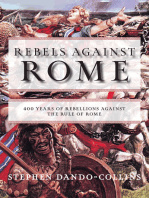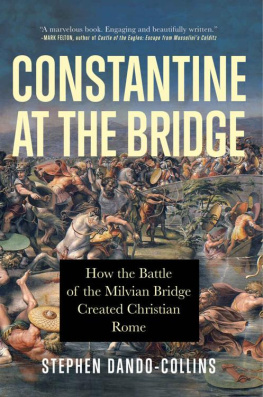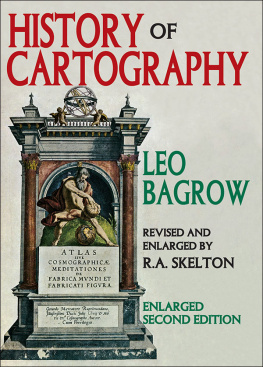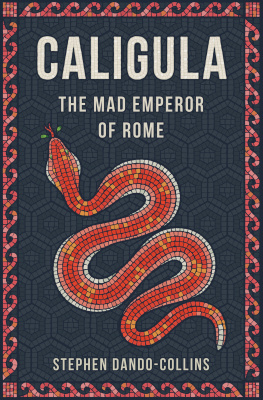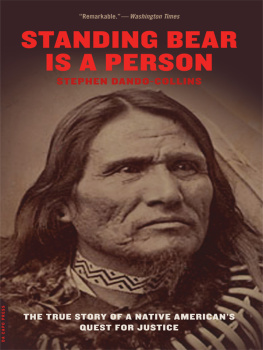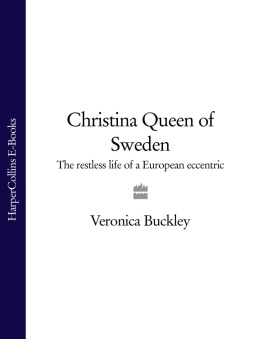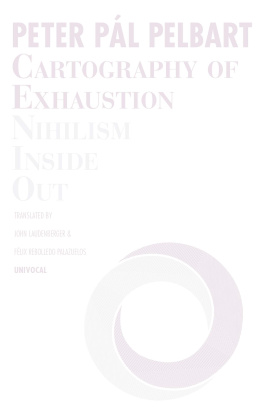Christina E. Dando - Women and Cartography in the Progressive Era
Here you can read online Christina E. Dando - Women and Cartography in the Progressive Era full text of the book (entire story) in english for free. Download pdf and epub, get meaning, cover and reviews about this ebook. year: 2019, publisher: Taylor & Francis, genre: Politics. Description of the work, (preface) as well as reviews are available. Best literature library LitArk.com created for fans of good reading and offers a wide selection of genres:
Romance novel
Science fiction
Adventure
Detective
Science
History
Home and family
Prose
Art
Politics
Computer
Non-fiction
Religion
Business
Children
Humor
Choose a favorite category and find really read worthwhile books. Enjoy immersion in the world of imagination, feel the emotions of the characters or learn something new for yourself, make an fascinating discovery.

- Book:Women and Cartography in the Progressive Era
- Author:
- Publisher:Taylor & Francis
- Genre:
- Year:2019
- Rating:3 / 5
- Favourites:Add to favourites
- Your mark:
- 60
- 1
- 2
- 3
- 4
- 5
Women and Cartography in the Progressive Era: summary, description and annotation
We offer to read an annotation, description, summary or preface (depends on what the author of the book "Women and Cartography in the Progressive Era" wrote himself). If you haven't found the necessary information about the book — write in the comments, we will try to find it.
Women and Cartography in the Progressive Era — read online for free the complete book (whole text) full work
Below is the text of the book, divided by pages. System saving the place of the last page read, allows you to conveniently read the book "Women and Cartography in the Progressive Era" online for free, without having to search again every time where you left off. Put a bookmark, and you can go to the page where you finished reading at any time.
Font size:
Interval:
Bookmark:

Series Editor: Robert Mayhew
Geography in America, 1860-1890
Karen M. Morin
The Later Highland Land Wars
Iain J.M. Robertson
Space, Humour, and the Experience of Truth in Fin-de-sicle Montmartre
Julian Brigstocke
Judith A. Tyner
Exhibition, Encounter and Exchange in an Age of Empire
Diarmid A. Finnegan and Jonathan Jeffrey Wright
Edited by Fraser MacDonald and Charles W.J. Withers
Knowing the Ocean as a Space
Anne-Flore Lalo
Christina E. Dando
Angharad Saunders
Briony McDonagh
Forthcoming:
Pierre Gourou and Tropicality
Gavin Bowd and Daniel Clayton
by Routledge
2 Park Square, Milton Park, Abingdon, Oxon OX14 4RN
711 Third Avenue, New York, NY 10017
A catalogue record for this book is available from the British Library
A catalog record for this book has been requested.
ISBN: 978-1-315-54695-7 (ebk)
by codeMantra
my grandmothers Myrtle Foster Dando and Bernice Bartowick
Zaporowsky
my mother Caroline Zaporowsky Dando
and my daughter Emmaline Sophia Dando Sabin
Font size:
Interval:
Bookmark:
Similar books «Women and Cartography in the Progressive Era»
Look at similar books to Women and Cartography in the Progressive Era. We have selected literature similar in name and meaning in the hope of providing readers with more options to find new, interesting, not yet read works.
Discussion, reviews of the book Women and Cartography in the Progressive Era and just readers' own opinions. Leave your comments, write what you think about the work, its meaning or the main characters. Specify what exactly you liked and what you didn't like, and why you think so.

